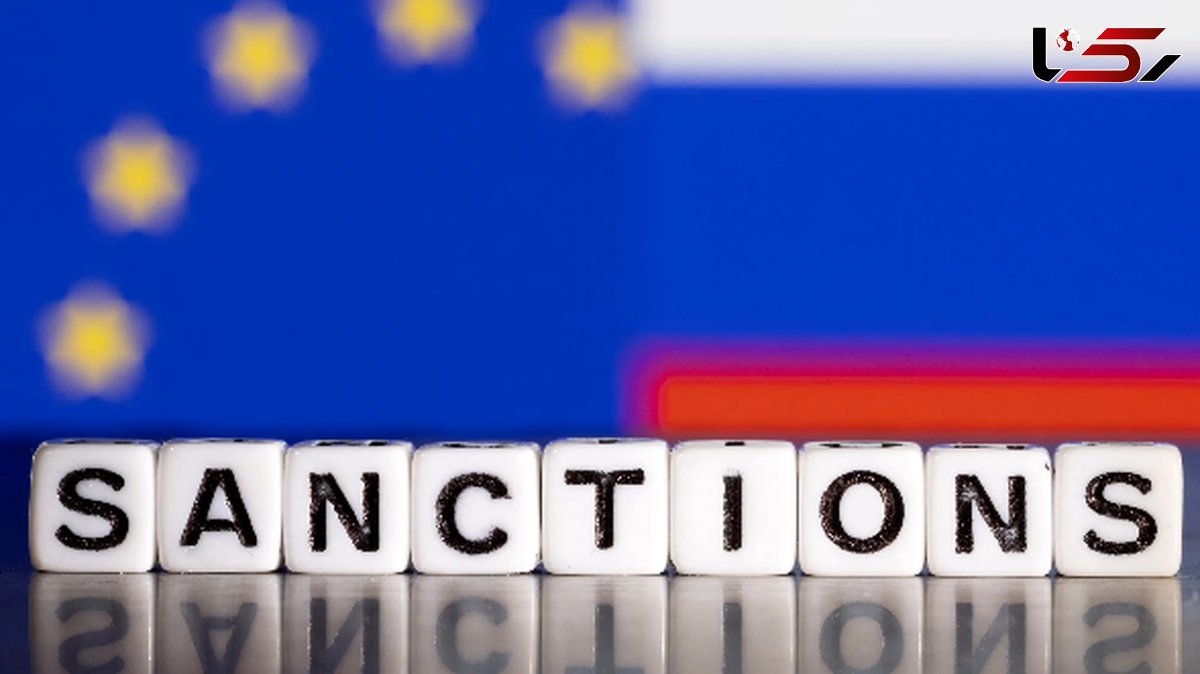Financial Times Scrutinizes “Snapback” Mechanism: Decisions of the European Troika
Rokna Political Desk: The new letter from the European Troika to the United Nations regarding the activation of the “snapback” mechanism has drawn attention to these countries’ efforts to reinstate international sanctions against Iran and has once again brought the issue of diplomatic pressure on Tehran to the center of global attention.

Recently, the European Troika sent a letter to the United Nations indicating their readiness to reinstate UN sanctions against Iran.
Financial Times Report on the European Troika’s Decision
On Wednesday, August 13 (corresponding to 22 Mordad in the Iranian calendar), the British publication Financial Times revealed a letter written by the three European countries party to the JCPOA addressed to the United Nations.
The Financial Times report on the European Troika stated that France, Germany, and the United Kingdom—known collectively as the European Troika—have expressed their willingness to reactivate sanctions and declared their readiness to activate the “snapback” mechanism.
The report noted that the foreign ministers of these three countries, referred to as the “European Troika” (E3), mentioned in a letter to the United Nations on Tuesday the activation of the “snapback” mechanism, unless Iran took action. They stated that they had offered Iran an extension of the deadline for the automatic reactivation of sanctions until the end of this month (September 1) to avoid the activation of the snapback mechanism.
The letter, addressed to António Guterres, Secretary-General of the United Nations, and the Security Council, was signed by Jean-Yves Le Drian, French Foreign Minister; Johan Watzfol, German Foreign Minister; and David Lammy, British Foreign Minister. This step comes two months after the United States and Israel attacked Iranian nuclear sites.
The Financial Times also claimed that the Iranian delegation at the United Nations did not respond to the publication’s request for comment regarding the European Troika’s letter.
Proposal to Extend the Snapback Deadline and Iran’s Response
According to Financial Times, during the Istanbul negotiations held last month, the European Troika informed Iran that if Tehran agreed to resume talks with the United States and cooperate with the International Atomic Energy Agency before September, it could extend the snapback activation deadline, which runs until the end of August (September 1). A Western diplomat told the Financial Times that these negotiations had been difficult. On Tuesday, the European Troika claimed that Iran had not responded to the proposal to extend the snapback mechanism.
Moteki: Parliament Ready to Pull the Trigger on NPT Exit
Meanwhile, as Western threats to activate the snapback mechanism intensified, Manouchehr Moteki, a member of parliament representing Tehran and a member of the Parliament’s Economic Committee, stated: “As soon as the Western proposal is submitted to the Security Council, we need 24 hours to approve withdrawal from the JCPOA.”
Moteki emphasized that the snapback mechanism, originally included due to the negligence and serious weaknesses of Iranian negotiators in the JCPOA, could only be invoked by parties who had taken concrete steps to implement the agreement and fulfilled part of their commitments—while the Americans have withdrawn from the JCPOA, and Europeans have not fulfilled any of their obligations. He described the Western stance as particularly audacious, claiming that without taking even a single step in implementing the JCPOA, they accuse Iran of non-compliance and return the issue to the Security Council.
Tacht-Ravanchi: Iran Can Show Flexibility
At the same time, Majid Tacht-Ravanchi, Iran’s Deputy Foreign Minister for Political Affairs, recently spoke in an interview with Japan’s Kyodo News about Iran’s readiness to show flexibility on the nuclear issue. Responding to a question about whether Iran would make concessions if talks with the U.S. resumed, he said: “We believe there is no need to make concessions. In reality, we were victims during the attacks, and they were the perpetrators. Those who attacked are the accused. However, we have a clear stance on the nuclear issue. We believe that certain limitations can be accepted in our nuclear program if sanctions are lifted in return, and this would be a fair and good agreement that could be signed by both parties. Essentially, this could be a win-win situation, where Iran accepts specific limitations on its nuclear program for a defined period, and in exchange, sanctions are lifted. However, enrichment in Iran is non-negotiable under any circumstances. It is a key element of our program, although we can show flexibility regarding the capacity and level of enrichment.”
Consequences of Activating the Snapback Mechanism
The implications of activating the snapback mechanism are perceived differently by Iran and Western countries. While Iran considers the consequences of the mechanism insignificant, Western media portray them as highly significant. In this regard, CNBC reported, amid Western threats to activate the snapback mechanism, that the consequences for Iran could be severe, potentially increasing tensions and the likelihood of conflict. Meanwhile, Iranian officials have stated that if sanctions are reimposed, they would withdraw from the NPT.
However, Western media claims regarding the effects of the snapback mechanism are made while, according to domestic media and interviews with local experts, the mechanism’s activation will not result in the reinstatement of economic sanctions. Hamid Ghanbari, an expert with experience in managing international affairs and foreign credit supply at Iran’s Central Bank, recently stated in an interview: “Activating the snapback will not bring back economic sanctions. Some resolutions mention banks, shipping, and petrochemicals, but these are not mandatory. The resolutions merely urge countries to exercise greater caution regarding Iran, without imposing trade bans.” He added, however, that the psychological effect of the snapback should not be ignored.
Send Comments